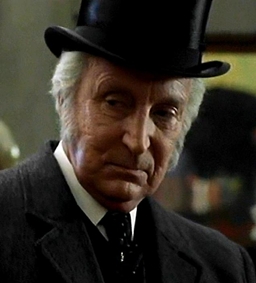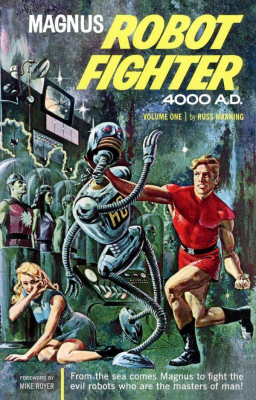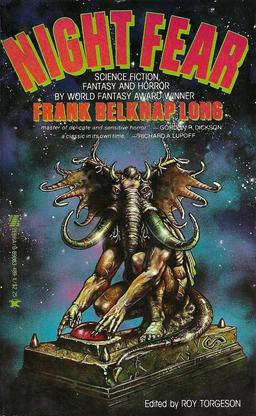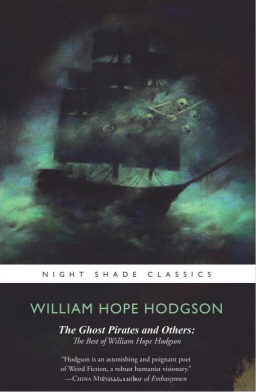The Public Life of Sherlock Holmes: Doyle in The Resident Patient?

Apologies for this post running a bit long. While I’m a devoted Sherlockian, I’m not particularly a great fan of Conan Doyle himself. However, I find this tidbit from his life to be pretty interesting. So…
Biographers and devotees of Sherlock Holmes have written much regarding who the detective was modeled after. Joseph Bell is widely regarded as the primary inspiration, a belief bolstered by Sir Arthur Conan Doyle’s own words more than once.
In his autobiography, Memories and Adventures, Doyle said, “I thought of my old teacher Joe Bell, of his eagle face, of his curious ways, of his eerie trick of spotting details. If he were a detective he would surely reduce this fascinating but unorganized business to something nearer to an exact science.”
Add another comment, “Sherlock Holmes is the literary embodiment… of my memory of a professor of medicine at Edinburgh University.”
Now, it has been asserted that one can find bits of Doyle himself in the great detective. His second wife said that her husband had the Sherlock Holmes brain, solving mysteries that puzzled the police.
Son Adrian Conan Doyle vehemently (even militantly) argued that his father was Holmes. Seemingly more likely is that the stolid, patriotic Doctor Watson drew in great part from his creator.
But can we examine one of the sixty Holmes tales and discover biographical pieces of Conan Doyle? As a matter of fact, we need look no further than “The Adventure of the Resident Patient” and Dr. Percy Trevelyan.








